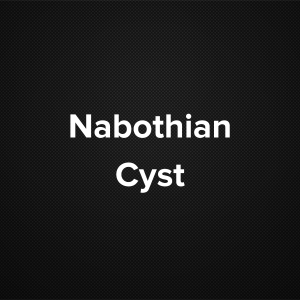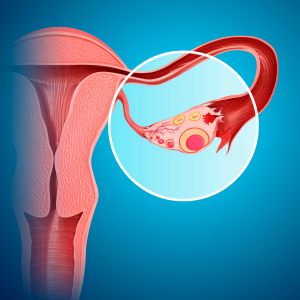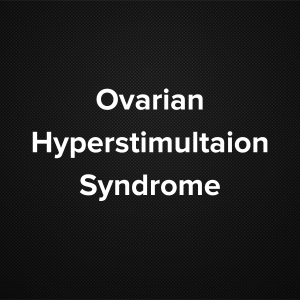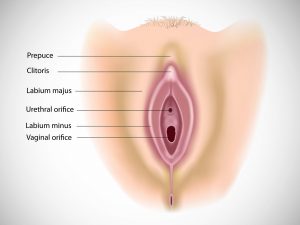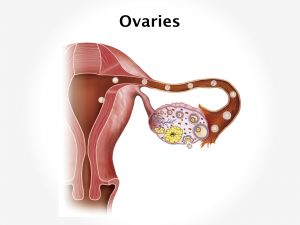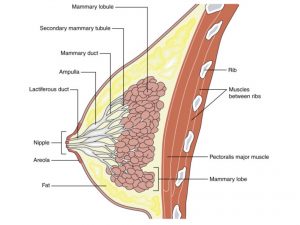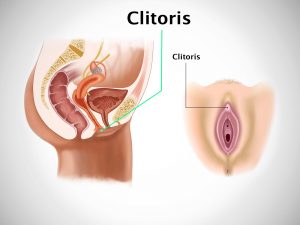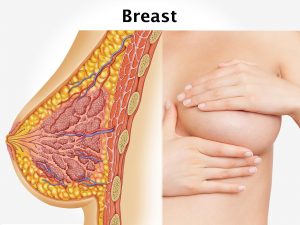Causative & risk factors
The exact cause of occurrence of polycystic ovary syndrome is not known. However hormonal imbalance has been noted in these women. They usually have high levels of testosterone, prolactin and leutinising hormone and low levels of sex hormone binding globulin. The woman affected usually has insulin resistance.
PCOS tends to run in families.
Clinical presentation
Women with PCOS usually have menstrual irregularities or absence of periods. This makes it very difficult for them to get pregnant (conceive). They suffer from excessive hair growth (hirsutism) usually on the face. Due to insulin resistance, these women may become obese especially around the waist area (centripetal obesity). In later life, such women are at a higher risk of developing diabetes mellitus, heart problems, high cholesterol levels and depression.
Investigations
The diagnosis of PCOS can be made clinically on the basis of irregular periods, once other causes have been ruled out. Diagnosis can be confirmed on the basis of a blood test or an ultrasound. Blood tests may demonstrate high levels of testosterone hormone and other hormonal irregularities. A pelvic ultrasound will demonstrate multiple enlarged follicles on 1 or both the ovaries.
Other tests that can be carried out include blood sugar levels and levels of prolactin, estrogen, FSH and LH.
Treatment
Women with PCOS are usually obese. Even in absence of treatment, losing weight can help regulate the menses and reduce other symptoms. A low carbohydrate diet is recommended, which helps in reducing weight and combat insulin resistance.
Contraceptive pills may be prescribed to regulate periods. Women who find it difficult to conceive may have to opt for assistive reproductive techniques. Anti-diabetic medications are prescribed to treat insulin resistance.
Hirsutism can be managed with certain medications and laser treatment. A laparoscopic procedure can be carried out on the ovarian tissue in order to increase the fertility of the affected woman.
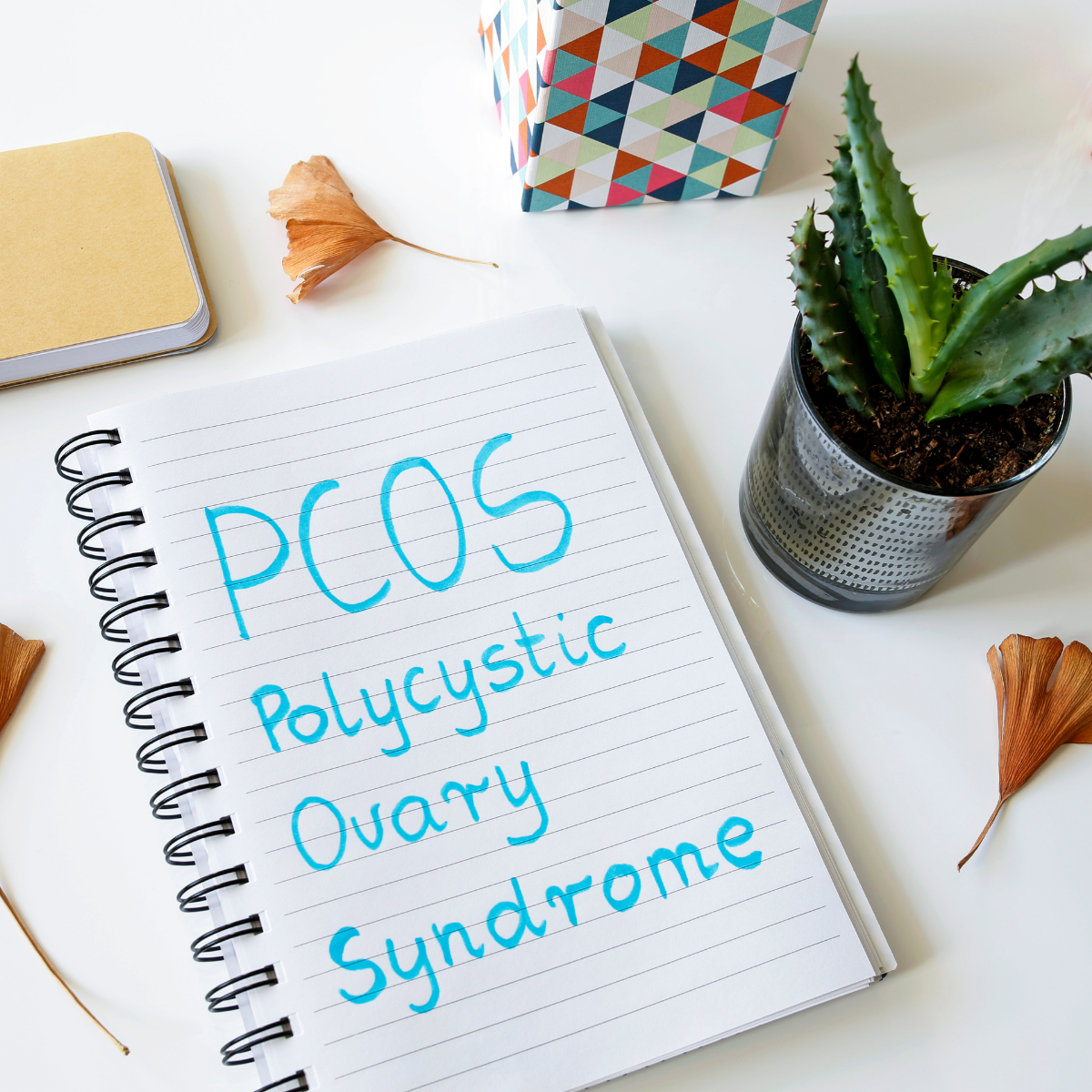
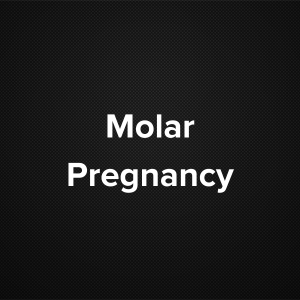


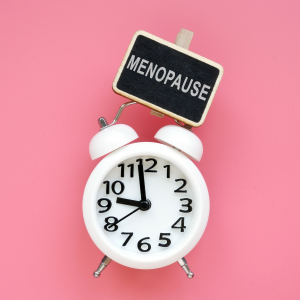
![Lobular Carcinoma In Situ [LCIS]](https://moho.loopshell.com/read/wp-content/uploads/2022/01/Lobular-Carcinoma-In-Situ-Lcis-300x300.png)
